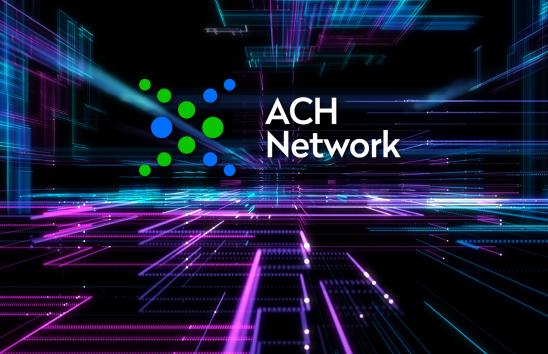Current Fraud Threats

Protect Your Organization From Fraud
Fraud threats are not about a direct compromise of the ACH Network or other payment systems, they exploit vulnerabilities or gaps in processes or procedures. Nacha is committed to helping financial institutions, businesses, other organizations, and consumers protect themselves and prevent fraudulent activity. Download Nacha's "Protecting Against Cyber Fraud" booklet.
Protect Yourself From Fraud
Many consumers use third-party payment apps, also called person-to-person or peer-to-peer (P2P) and mobile wallet applications to pay for goods or services and to send money to friends and family. With the rise in the use of digital payments, the number of scams designed to defraud consumers has also increased. Read this Message from the Office of the Comptroller of the Currency (OCC) to help identify a potential scam and spot fraud before becoming a victim. (July 2022)
Synthetic Fraud
Synthetic fraud is a form of identity theft where the fraudster combines both real and fake information to create a new identity. Instead of getting most or all personal and financial information to steal an identity and money, synthetic fraud only requires one piece of information, like a Social Security number.
Business Email Compromise
Business email compromise (BEC) attacks are a form of cybercrime that uses email fraud to attack organizations. In 2020, the FBI (through IC3.gov) received 19,369 BEC/EAC complaints with adjusted losses of over $1.8 billion.
Ransomware
Ransomware is a type of malware that threatens to publish the victim's personal data or perpetually block access to it unless a ransom is paid.
Money Mule
A money mule is someone who transfers or moves illegally acquired money on behalf of someone else.
Account Takeover
Account takeover is a type of cybercrime or identity theft where a malicious third party gains access to (or “takes over”) an online account, such as an e-mail address, bank account, or social media profile.
Additional Resources
Consumer Protection Data Spotlight (Federal Trade Commission)
Synthetic Identity Fraud Mitigation Toolkit (Federal Reserve)
Cybersecurity for Small Business (Federal Trade Commission)
FBI Resources
Financial Crimes Enforcement Network



